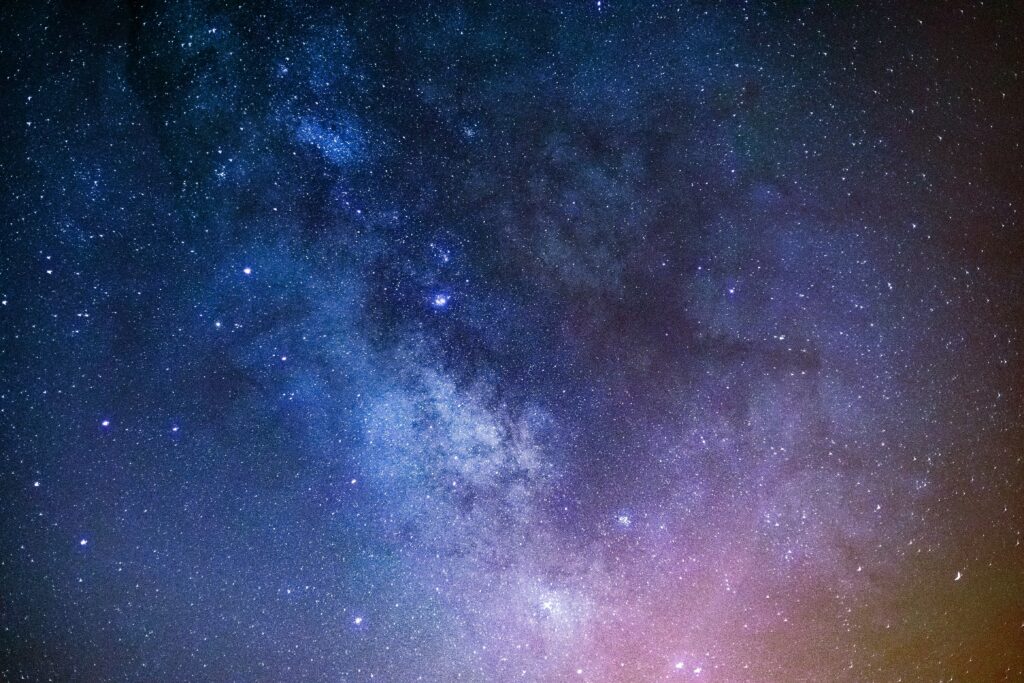
The Science Programme Committee (SPC) of the European Space Agency (ESA) has recently completed the preliminary study phases of the LISA and EnVision missions. This means that the two missions, with participation Italian Space Agency (ASI), National Institute for Nuclear Physics (INFN) and the University of Trento, will be launched soon.
LISA MISSION
After three years of project revision by ESA engineers, LISA has obtained the green light to start in 2030. It will be the first space observatory for gravitational waves and will measure low-frequency ripples of spacetime, in the 0.1 mHz – 1 Hz band, which cannot be detected by earth observatories. Moreover, LISA will be the only tool that can “see” gravitational waves coming from stellar black holes swirling around massive ones in galactic nuclei, to probe the geometry of spacetime and test gravity in its foundations. This will help define the history of these huge black holes, from their beginning to the evolution of the Universe, and answer questions such as “What are the fundamental laws of the Universe?” and “How did the Universe originate and what is it made of?”
“The Italian contribution to LISA is crucial,” said Barbara Negri, Head of the ASI Human Flight and Scientific Experimentation Unit. “The University of Trento is the scientific lead of the project, while the Italian industry will develop the seven Gravitation Reference Systems (GRS) over three years, besides the previous development models, with a really considerable commitment. Italy is also involved in the common effort of the consortium for the preparation of the procedures of data analysis, exploiting the competences of the Bicocca University of Milan and contribution of the ASI Space Science Data Center.”
An essential contribution is provided by the LISA Consortium, a large international collaboration which brings together the resources and skills of scientists from several countries all over the world and that, together with ESA, European space agencies and NASA, will complete the LISA mission.
ENVISON MISSION
The EnVision probe, with NASA collaboration, will leave in 2031 towards Venus and will provide a holistic view of the planet. Venus is probably the least known of the terrestrial planets of the Solar System, although it is the nearest to the Earth and most similar in terms of mass and size.
The measurements made by EnVision will help understand why our “neighbour” is so inhospitable to life. To understand these mysteries, the mission will investigate the planet from its inner core to its atmosphere providing important new information about its history, geological activity and climate. To complete this investigation, the probe will carry a wide range of scientific instruments: powerful subsurface radar sounders and spectrometers that will map the structure of the surface and the atmosphere with a resolution of up to ten metres.
Also in this mission, the Italian contribution is particularly considerable. Italy will provide the subsurface radar sounder instruments needed to successfully complete the mission. Lorenzo Bruzzone of the University of Trento said that “The measurements made by the radar will play a crucial role in understanding the processes related to the planet evolution by providing information essential to the interpretation of the Venusian geology. They will allow detailed analyses of tectonics, stratigraphy, buried craters and main elements connected to volcanic activity. This will help understand the reasons that led our twin planet to have an evolution so different from that of the Earth, becoming an environment hostile to life.”EnVision will not be alone in its journey. NASA has selected two new missions to Venus with launch scheduled in 2028-2030: DAVINCI (Deep Atmosphere Venus Investigation of Noble gas, Chemistry, and Imaging) and VERITAS (The Venus Emissivity, Radio Science, InSAR, Topography, and Spectroscopy mission), both adopted under the Discovery programme. These three missions, with ASI scientifical and technological contribution, will provide the most thorough study of Venus ever completed.

